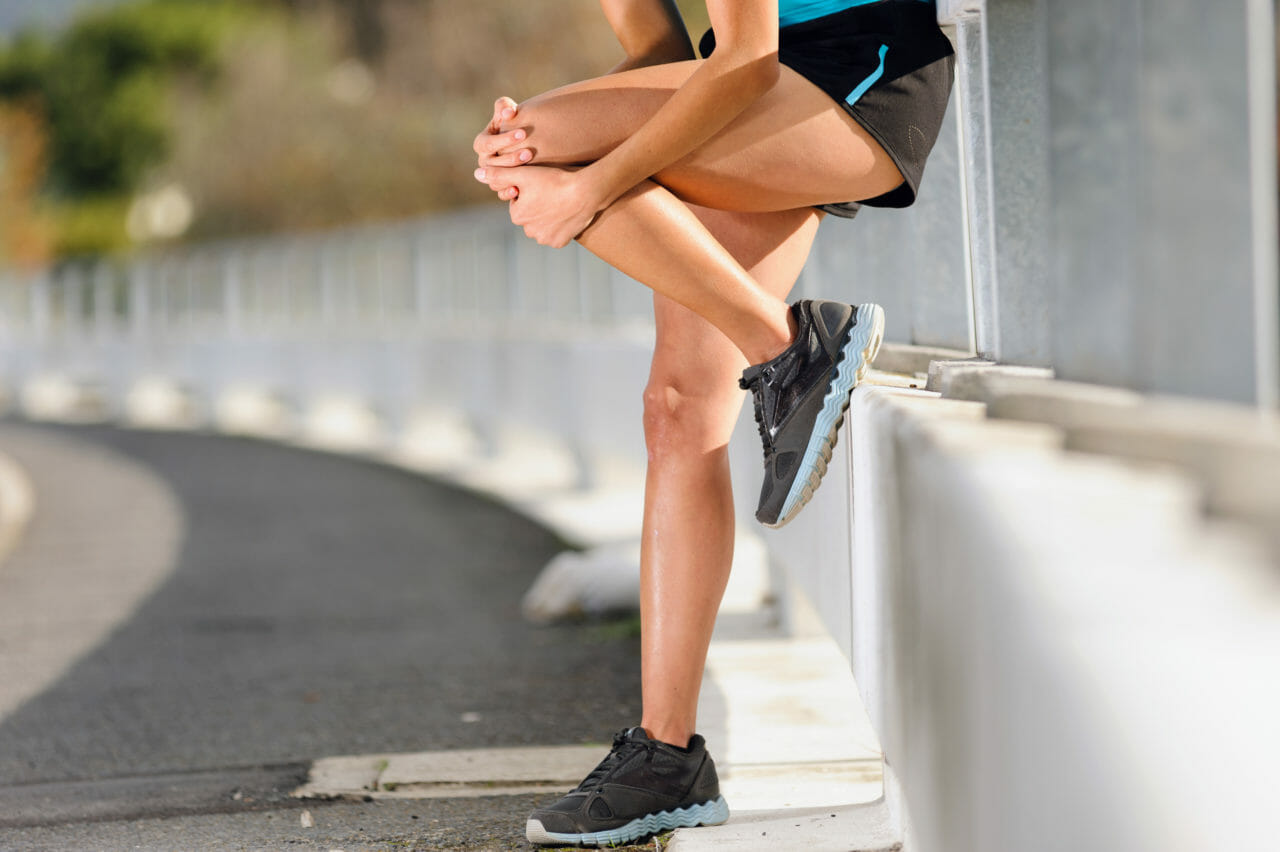If you’ve ever cramped up while working out, as most of us have at one point or another, then you probably know how much of a nuisance they can be as they blatantly interrupt your game or exercise session.
What you might not know is the actual cause of cramps, which has mistakenly been attributed to dehydration. In actuality, dehydration may have little, if anything to do with cramping up.
Exercise-associated muscle cramps (EAMCs) are painful, involuntary skeletal muscle contractions that occur during or right after exercise. EAMCs are most prevalent in endurance athletes like marathon runners and triathletes, but are also common in a number of sports, including basketball, football and tennis. On the whole, EAMCs are considered one of the most common conditions that require medical attention during sporting events, and can sideline a player instantly.
Despite the fact that they’re so common, the specific causes of EAMCs are still not completely understood. Unfortunately, many people are under the impression that they’re caused by dehydration and electrolyte depletion, and that staying hydrated at all times can prevent cramps.
In actuality, theories about dehydration as a cause for EAMCs have not been supported by scientific evidence, and some recent studies have shown that this reasoning does not properly explain why cramps occur. If EAMCs were due to dehydration, cramping would show a different pattern of muscle groups being affected and all muscles would cramp up rather than just a few.
Instead, it seems that fatigue caused by working the body too hard is more likely to be the cause of EAMCs, and that exercising at a higher intensity, frequency and duration increases the likelihood of getting a cramp. Though the evidence for this theory is stronger, more research is needed to confirm it.
Regardless of their cause, here’s what you can do to prevent and treat an EAMC:
- Evaluate your training and try to determine what causes your cramps (diet, type of exercise, etc.) and avoid those conditions in the future
- Slow down and rest if you sense a cramp developing, and stretch it out
- Don’t skimp on hydration: even though dehydration is not likely to be the cause, you should still hydrate properly to avoid fatiguing quickly
- If you do experience a cramp, the best ways to treat it are with massage, passive stretching and icing of the affected area
For more information about EAMCs and what you can do to deal with them, visit us at Dynamic Sports Physical Therapy in New York City. Call 212-317-8303 to schedule an appointment. Click here or here for research papers on EAMCs’ causes.

